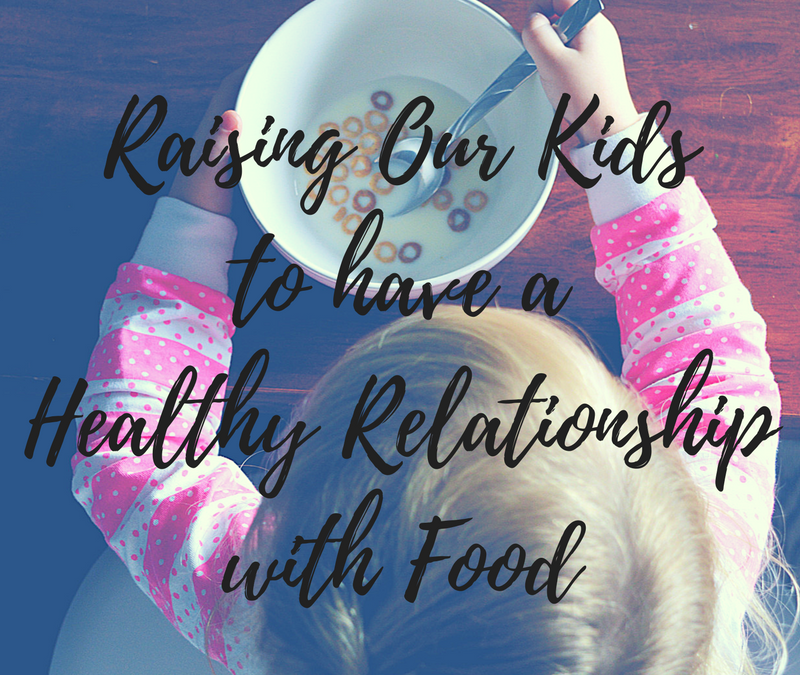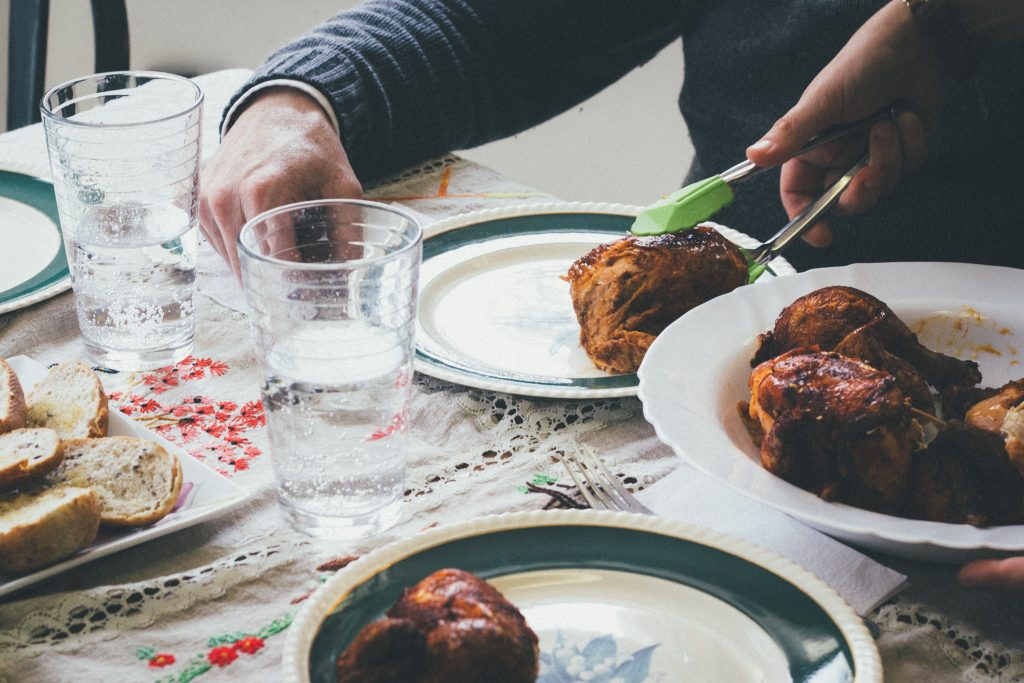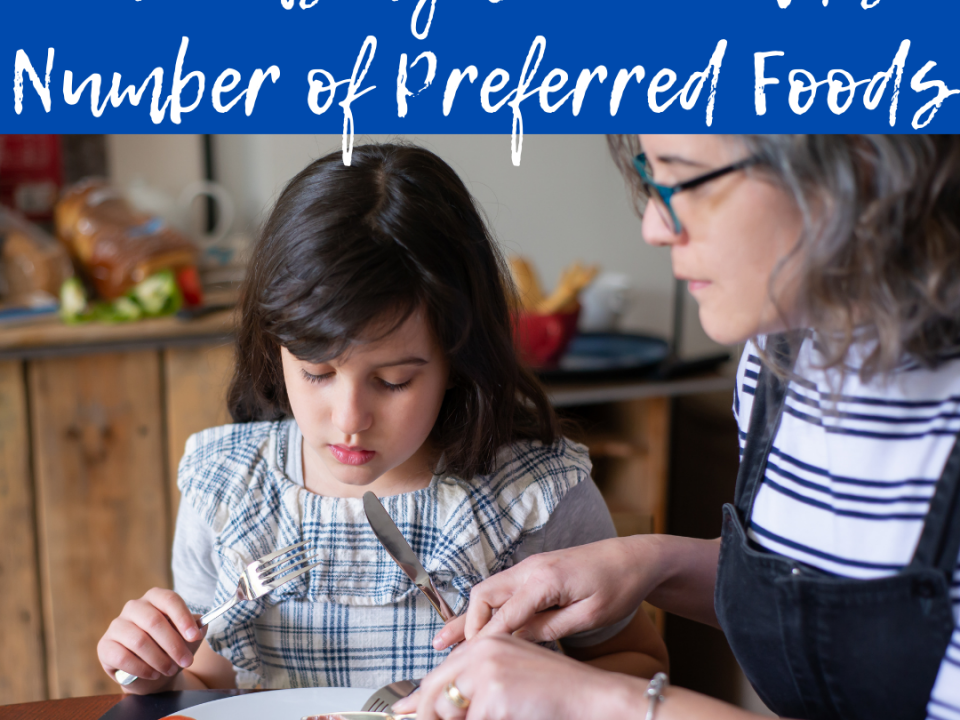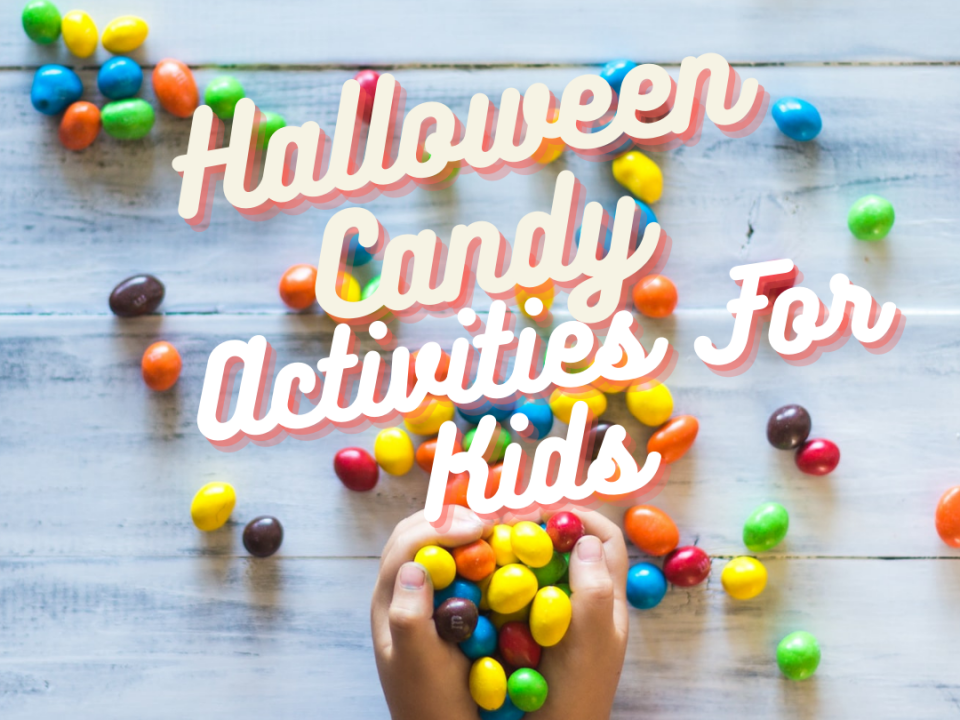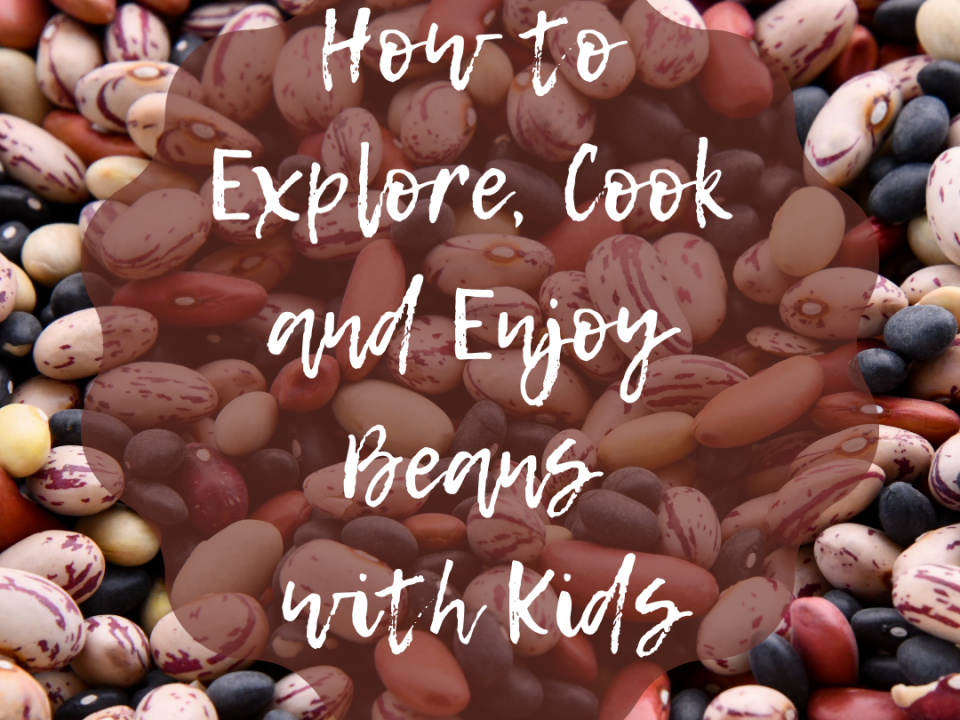Raising Our Kids to Have a Healthy Relationship with Food

Apple Cinnamon Sweet Potato Breakfast Bowl
September 28, 2017
Instant Pot Broccoli Cauliflower Cheese Soup
October 18, 2017 Often our relationship with food is largely impacted by how we are raised around food as a kid. I see this more and more working with adults. Many of their eating habits steam back from experiences (positive or negative) as a child.
Often our relationship with food is largely impacted by how we are raised around food as a kid. I see this more and more working with adults. Many of their eating habits steam back from experiences (positive or negative) as a child.
As a child and adolescent I remember eating dinner with the family most nights of the week. Most of our meals were made at home, except for Friday night which was either pizza night or dinner out at a local restaurant. We were always offered a variety of different foods. Most of the time it was food I liked, but I do remember some meals I didn’t care for. My mother never forced me to eat anything or made me something special. We all ate what was served and if we didn’t like it we could find something else. But I’ll be honest I don’t remember ever making myself something! My mom also would frequently make a dessert to enjoy on the weekends, which we would then eat during the week, as long as it lasted! Treats were never restricted; to me they were just another food we enjoyed together as a family. I was never told there were “good” or “bad” foods, or what I should or shouldn’t eat. We also rarely talked about our body size or shape or made comments about how others looked.
I also had fun cooking and preparing foods in the kitchen. In middle school I was in charge of packing my lunch for school each day. On the weekends I would help my mom make pizza or bake. When we were visiting my grandmother I remember helping her cook dinner for the family. For me food meant time spent with family or friends, fun, enjoyment and love. Still to this day I associate food and eating with these things. I am so thankful for the way I was raised as these experiences allowed me to feel confident in my food choices and maintain my ability to continue to eat intuitively as an adult. I will say our society and culture makes this difficult at times, but having a solid foundation makes it that much easier!
For some, food is not associated with joy or love. Instead food and eating is associated with stress, self-doubt, lack of willpower and confusion. The list goes on. A lot of these negative feelings have to do with experiences as a child. They may not have had family meals, or opportunity to cook with food; parents who dieted on and off; friends or coaches who commented on their eating habits or physical appearance or had someone who told them what to eat or not to eat. Any of these things can have a negative impact on a child or adolescence and make them second-guess their food choices and what their body is telling them. This can often lead to poor body image, restricting or avoiding specific foods, confusion on what to eat, or engagement in other disordered eating habits.
As a mom of a now toddler I want to raise my son to have a healthy relationship with food, see the fun out of eating and cooking and be able to enjoy all foods. So how can we as parents, caregivers, friends and teachers help children grow up to find joy and love out of food and eating?
- Improve our relationship with food. This is so important. How are we going to teach someone else to love and enjoy food if we don’t ourselves? We just can’t! Our kids hear what we say and see what we eat. If we are talking negatively about foods they understand what we are saying and may start to associate negative thoughts and feeling around these foods. Instead model healthy behaviors around your toddler. This includes avoiding negative food talk and eating different variety of foods. For some this may be easier said than done, especially if we were brought up in a negative food environment. If you have any concerns or questions regarding your relationship with food please feel free to contact me.
2. Encourage a joyful food environment
- Encourage children to experience food by helping you plan meals for the week, go grocery shopping with you and help prepare and cook meals in the kitchen. As your toddler gets older have them pick a few meals out that they would like each week. When you bring them to the grocery store have them pick out a few fruits, vegetables and other snacks to eat during the week. And for ideas on how to involve your toddler in the kitchen check out this post!
- Offer the same foods to everyone in the family. Getting in the habit of serving the same foods to everyone in the family takes the stress off of you to prepare a variety of foods that cater to everyone. There may be some foods your toddler doesn’t enjoy yet but will eventually try. I talk a little bit more about neutral food exposures and getting your children to try new foods at the end of this post!
- Eat meals together. Again this is where modeling comes in. The more opportunities your kids can see you all eating the same foods more likely they will eat the foods you offer them.
- Avoid “good” and “bad” talk around children. Or words like “should” or “shouldn’t”. Instead just name foods by what they are, expose your children to a variety of foods to let your children decide what foods they enjoy eating.
- Avoid restricting foods or avoiding specific food groups. (unless there is a food allergy or intolerance). Restricting foods gives it a label that it’s “bad” and “shouldn’t” be eaten. This can also easily back fire and actually encourage them to want and eat the food more when you aren’t around. Instead have an all foods fit policy and model healthy ways to consume all foods.
For more about how I can work with you and your family to improve your relationship with food and feeding practices at home please visit my services page.

